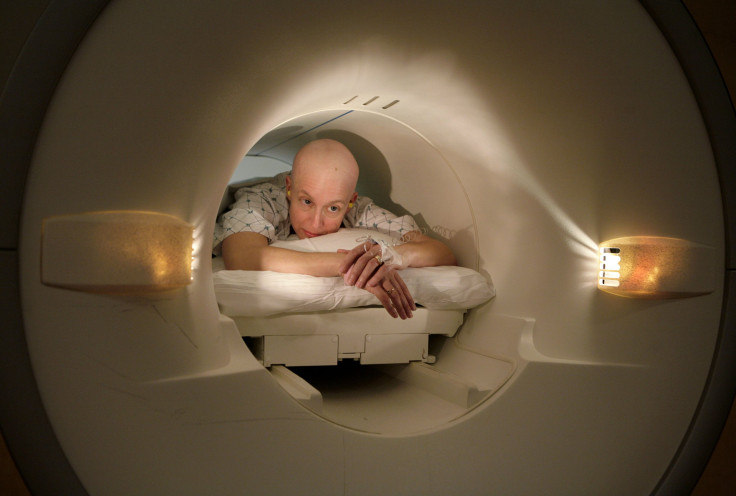Breast cancer, 'bad bacteria,' and NASA technology

Researchers at NASA’s Jet Propulsion Laboratory (JPL), Pasadena, California, applied NASA technology in a breast cancer study on microbes that may have been associated with a history of breast cancer. They applied similar analysis and sequencing methods that are used to examine bacteria in spacecraft assembly rooms. The techniques are used to ensure NASA spacecrafts do not contaminate other worlds.
In a first-ever study of microorganisms in human breast ductal fluid, the researchers applied these planetary protection techniques and found differences between ductal fluid bacteria in women who have experienced breast cancer and those who haven’t. The study was the first exploration of a link between breast cancer and breast ductal microbiome.
The researchers studied the substance, "nipple aspirate fluid," which is naturally secreted by glands in the breast ductal system, which also produce milk. They found out that breast ductal fluid’s community of microorganisms notably differed between two groups of women, 25 women with a history of breast cancer and treatment and 23 healthy women.
The findings of the new study have set the stage to further analyse the role of microbes in causing or preventing breast cancer. Recent research studies have suggested that microbes contribute to 16 percent or more malignancies worldwide.
“We don’t yet know nearly enough about healthy and cancerous breasts -- neither the microbial landscape nor the anatomy of the breast duct system. Yet, all breast cancer begins in the ducts, so clearly exploration is critical to discovering what causes breast cancer and how we can eradicate the disease,” Dr. Susan Love, chief visionary officer of Dr. Susan Love Research Foundation, Encino, California, said in a press release.
In another study, published in Applied and Environmental Microbiology, researchers from Western University in Ontario found a link between breast cancer and “bad” bacteria. The researchers analysed samples from more than 80 women who had breast surgery for either medical or cosmetic reasons.
They found that cancerous tissues contained high level of E-Coli and a kind of staph, both of which damage DNA. Moreover, healthy tissue teemed with healthy bacteria such as streptococcus and lactobacillus.





















